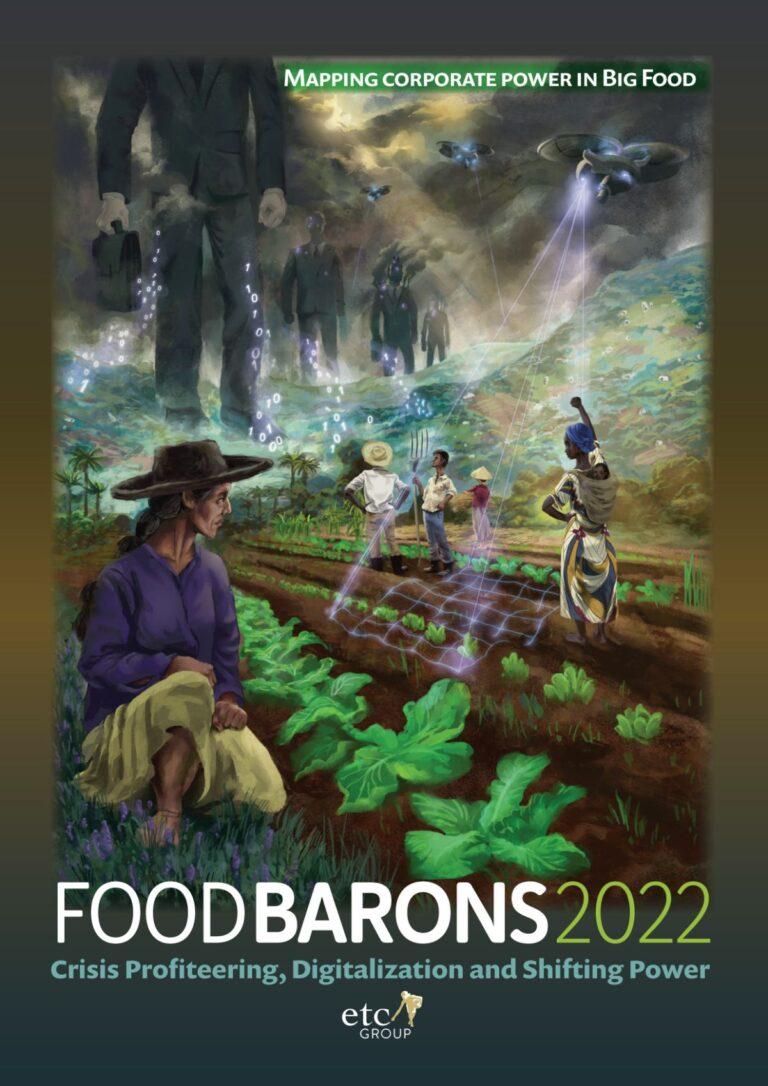Every year, mosquitoes are to blame for approximately 350 million human ailments, a number that is likely to rise as climate change increases the insect population. A recent study demonstrated that light pollution may be responsible for the extension of the mosquito blood-feeding season. A natural solution A natural solution
New bite-protection research has manipulated a readily available natural molecule, cellulose, to create a product that reduced mosquito feeding on the human epidermis by 80 percent. When treated with sulfuric acid, cellulose, which is inexpensive and abundantly available from sources such as wood industry waste and local food and paper waste, forms nanocrystals. These cellulose nanocrystals (CNCs) form a barrier film that is both strong and transparent. When combined with water and a small quantity of glycerol, these CNCs can be applied to the skin as a spray or gel to prevent mosquitoes from sucking blood through the skin. Adult female mosquitoes require human or animal blood to produce eggs, so a significant reduction in this food source, particularly in densely populated areas, could positively affect mosquito population control. CNCs and the effective barrier they create have been developed for various “green” applications, such as soundproofing, removing dye from textiles, and manufacturing strong binders like superglue and composite materials as robust as bone. The study The study
In experiments with live Aedes aegypti mosquitoes, lead researcher Daniel Voignac of The Robert H. Smith Faculty of Agriculture, Food and Environment at The Hebrew University of Jerusalem, and colleagues tested CNC-treated and untreated hands by exposing skin for 10 minutes inside a cage containing an average of 15 female mosquitoes. The thin film of CNC gel acted as a chemical camouflage, reducing insect bites by 80 percent compared to a hand subjected to insects without a biomaterial barrier. Additional research revealed that the CNC coating prevented the passage of ammonium hydroxide vapor, a common mosquito attractant when applied to filter paper and subjected to mosquitoes. More than 22 severe arboviruses, including dengue, chikungunya, Zika, Japanese encephalitis, Rift Valley fever, yellow fever, and West Nile viruses, are transmitted by the Ae. Aegypti and Ae. Albopictus species. Although the research is in its infancy, it shows promise for developing inexpensive, transparent natural compounds that could block the emission of skin chemicals that alert female mosquitoes to a blood meal. Green, affordable, and scalable, it has the potential to combat the global problem of mosquito-borne diseases. Source study: PNA Nexus— Mosquito bite prevention through self-assembled cellulose nanocrystals We are highlighting this piece as part of our annual “Best Of” roundup of articles published at The Optimist Daily this year. Today’s focus is on the top Health solutions of 2023.
This content was originally published here.




















